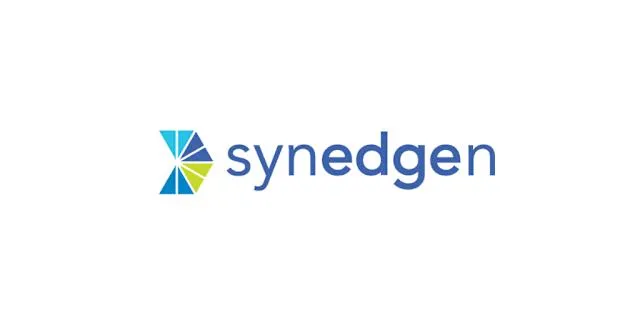
Pfizer Inc. (NYSE:PFE) today announced the European Commission (EC) has granted conditional marketing authorization for ELREXFIO® (elranatamab). ELREFXIO is a targeted immunotherapy for the treatment of adult patients with relapsed and refractory multiple myeloma (RRMM) who have received at least three prior therapies, including a proteasome inhibitor, an immunomodulatory agent, and an anti-CD38 antibody and have demonstrated disease progression on the last therapy. ELREXFIO is an off-the-shelf (ready-to-use) B-cell maturation antigen (BCMA)-CD3-directed bispecific antibody (BsAb) immunotherapy that induces deep and durable responses, with a manageable tolerability profile as well as convenient subcutaneous dosing.
“More than 50,000 Europeans are diagnosed with multiple myeloma each year, and too often, they face relapse and treatment resistance,” said Chris Boshoff, Chief Oncology Research and Development Officer and Executive Vice President, Pfizer. “Today’s approval provides a new, broadly available option for people with hard-to-treat multiple myeloma, and we continue to explore the use of ELREXFIO in earlier lines of treatment so that more people may ultimately benefit from this therapy.”
The conditional marketing authorization for ELREXFIO is valid in all 27 EU member states as well as Iceland, Liechtenstein, and Norway. This authorization follows the European Medicines Agency (EMA) Committee for Medicinal Products for Human Use (CHMP) recommendation for a conditional marketing authorization on October 12, 2023.
Authorization was based on data from cohort A of the Phase 2 MagnetisMM-3 study (NCT04649359) showing meaningful responses among heavily pretreated RRMM patients – at least three prior therapies, including an immunomodulatory agent, a proteasome inhibitor, and an anti-CD38 antibody – who received ELREXFIO as their first BCMA-directed therapy. In an analysis of these patients (n=123), the objective response rate was 61%, with a 71% probability of maintaining a response at 15 months.
The results from MagnetisMM-3 also established once-every-other-week dosing with ELREXFIO for all responding patients after 24 weeks of weekly therapy, which means less time at the clinic and potentially greater long-term treatment tolerability. Among responding patients who switched to every-other-week dosing at least six months prior to the data cut-off date (n=50), 80% maintained or improved their response after the switch, with 38% attaining a complete response (CR) or better after the switch. These data were published in Nature Medicine.
The most common adverse reactions to ELREXFIO are cytokine release syndrome (CRS) (58%), anemia (54%), neutropenia (45%), fatigue (44%), upper respiratory tract infection (39%), injection site reaction (38%), diarrhea (38%), pneumonia (37%), thrombocytopenia (36%), lymphopenia (30%), decreased appetite (27%), rash (26%), joint pain (arthralgia) (25%), fever (pyrexia) (27%), hypokalemia (23%), nausea (21%), and dry skin (21%). Serious adverse reactions are pneumonia (31%), sepsis (15%), CRS (13%), anemia (6%), upper respiratory tract infection (5%), urinary tract infection (3%), febrile neutropenia (3%), dyspnea (2%), and pyrexia (2%). Most cases of CRS were Grade 1 (44% of patients), with Grade 2 in 14% and Grade 3 in less than 1% of patients.
Due to the risk of CRS and immune effector cell-associated neurotoxicity syndrome (ICANS), patients should be monitored for signs and symptoms for 48 hours after administration of each of the two step-up doses within the ELREXFIO dosing schedule and instructed to remain in proximity of a healthcare facility. In the EU, precautionary hospitalization is not required. Patients are not required to stay near a healthcare facility for the 76-mg first treatment dose.




